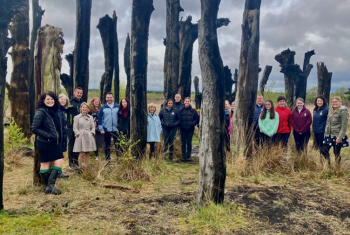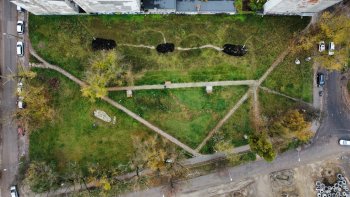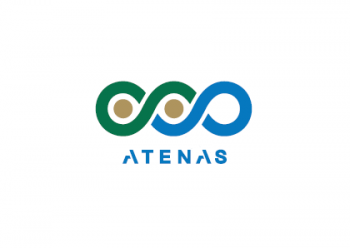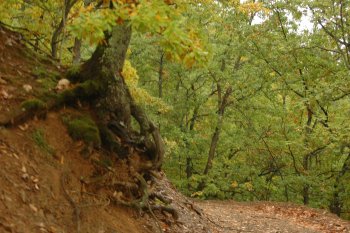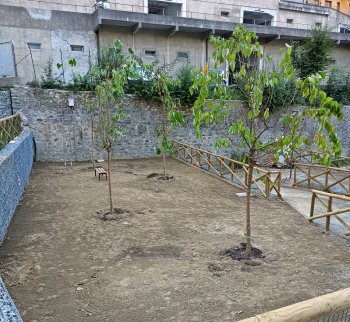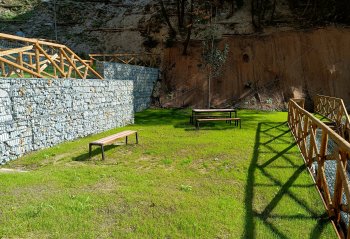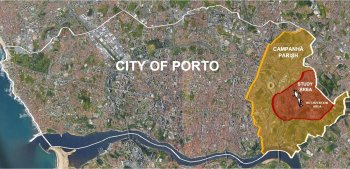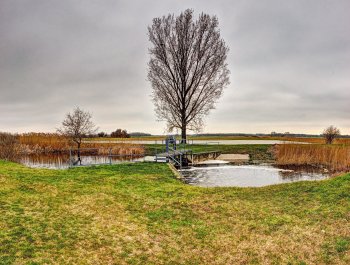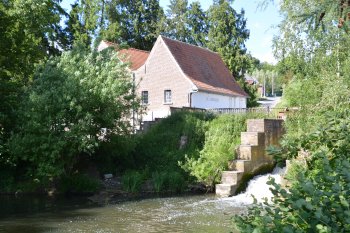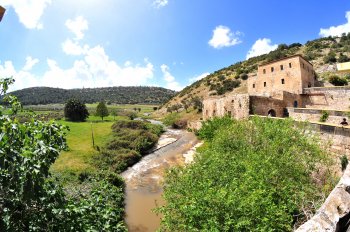NBSEduworld Case Study: Transitioning away from industrial peat extraction and moving towards Nature Based Solutions of rehabilitation
To raise awareness of NbS and the importance of NbS going forward to achieve a climate resilient, biodiversity rich, environmentally sustainable and climate neutral economy. Explore synergies between educational professionals, NbS practitioners, communities and policymakers.

